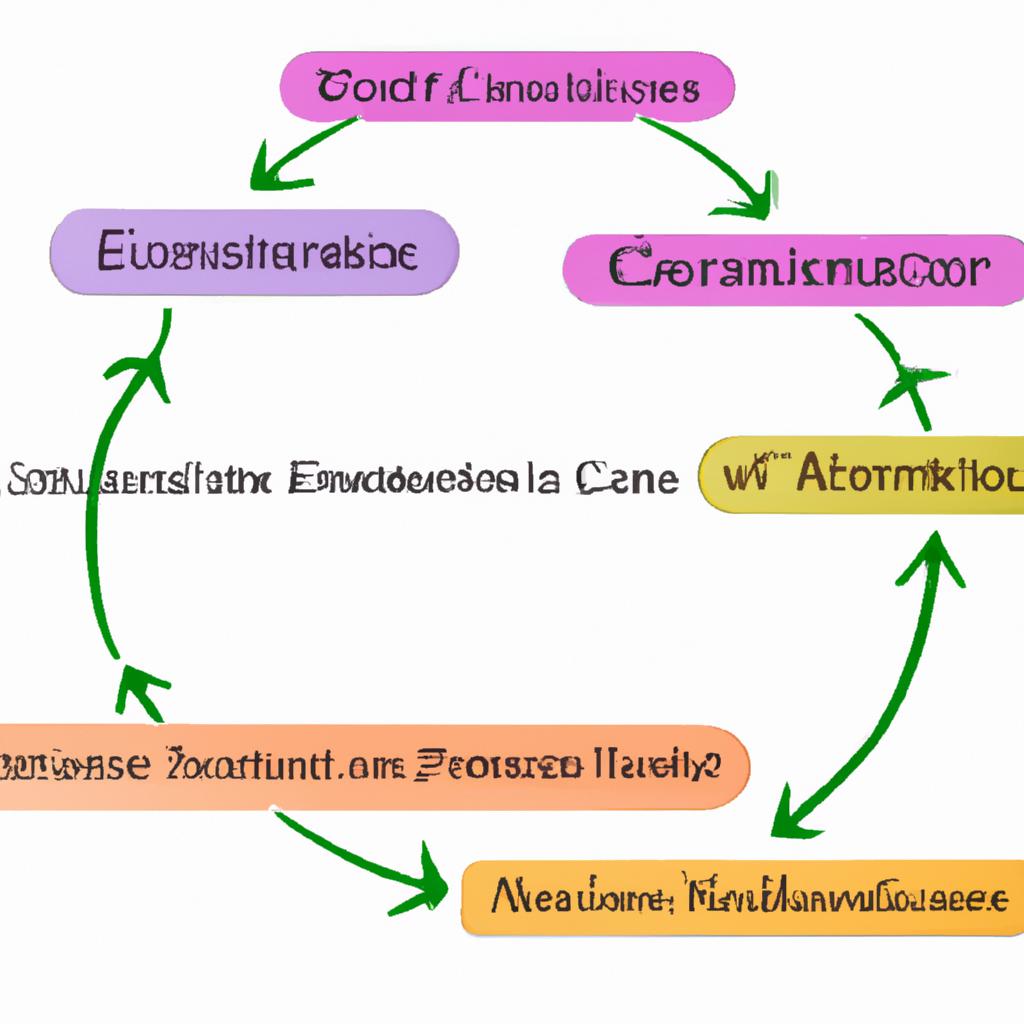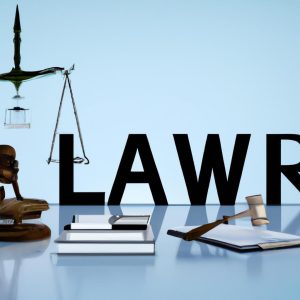Intestacy, a term often misunderstood yet crucial in the world of estate planning and probate administration. In the absence of a valid will or trust, intestacy laws come into play to determine the distribution of a deceased individual’s assets. As seasoned legal professionals at Morgan Legal Group in New York City, we specialize in navigating the complexities of intestacy and ensuring that our clients’ wishes are upheld. Join us as we delve into the intricate world of intestacy and unravel its implications.
Understanding intestacy laws in New York State
Intestacy refers to the situation where an individual passes away without a valid will in place. When this occurs, the distribution of the deceased person’s assets is governed by the intestacy laws of the state in which they resided. In New York State, intestacy laws dictate how a person’s estate will be distributed among their heirs.
Under New York intestacy laws, the distribution of assets will depend on various factors, including whether the deceased was married, had children, or had living parents at the time of their passing. If the deceased had a surviving spouse but no children, the spouse will inherit the entire estate. However, if the deceased had children, the estate will be divided between the spouse and children. It is important to consult with an experienced attorney to understand how intestacy laws in New York State may impact your specific situation.

Implications of dying without a will in intestacy
When someone passes away without a will, their estate is subject to the laws of intestacy. Intestacy occurs when a person dies without a valid will in place to dictate how their assets should be distributed. In these cases, the state will step in to determine how the deceased’s assets are divided among their heirs.
There are several , including:
- Loss of control: Without a will, you lose the ability to choose how your assets are distributed after your death.
- Lengthy court process: The probate process can be long and complicated when a person dies without a will, as the court must determine how to distribute the assets according to state intestacy laws.
- Unintended beneficiaries: In intestacy, assets are distributed according to state laws, which may result in assets going to individuals you did not intend to inherit from your estate.

Navigating the complexities of intestate succession
Intestate succession can be a daunting and complex process to navigate, especially for those unfamiliar with the legalities surrounding it. When an individual passes away without a valid will, their assets are distributed according to the laws of intestacy. This means that the state will determine how the deceased’s property will be divided among their heirs. Understanding the intricacies of intestacy is crucial in ensuring that the deceased’s wishes are carried out and that their loved ones receive their rightful inheritance.
At Morgan Legal Group, we specialize in guiding clients through the complexities of intestate succession. Our team of experienced probate and estate planning attorneys is dedicated to helping individuals understand their rights and responsibilities when it comes to estate distribution. Whether you are facing a situation of intestacy or are looking to create a comprehensive estate plan, we are here to provide you with the expert legal guidance and support you need. Trust Morgan Legal Group to navigate the intricacies of intestate succession and protect your assets for future generations.

Key considerations for avoiding intestacy and protecting your estate
Intestacy refers to the situation where an individual dies without a valid will in place. This can lead to uncertainty, delays, and potential disputes over the distribution of assets. To avoid intestacy and protect your estate, it is important to consider the following key factors:
- Creating a comprehensive estate plan: By working with a qualified estate planning attorney, you can create a customized plan that outlines your wishes for the distribution of your assets.
- Naming beneficiaries: Designating beneficiaries for your bank accounts, retirement funds, and life insurance policies can help ensure that these assets are distributed according to your wishes.
| Benefit | Explanation |
|---|---|
| Control | Allows you to maintain control over who receives your assets. |
| Efficiency | Ensures a smooth and efficient transfer of assets to your loved ones. |
Q&A
Q: What is intestacy?
A: Intestacy is the legal term used to describe the situation when a person dies without leaving a valid will.
Q: What happens in intestacy?
A: When a person dies intestate, their estate is distributed according to the laws of the state where they lived. This usually means that the estate is divided among the deceased’s closest living relatives, such as their spouse, children, parents, or siblings.
Q: Can intestacy be avoided?
A: Intestacy can be avoided by creating a valid will that clearly outlines how you want your estate to be distributed after your death. It is important to update your will regularly to ensure that it reflects your current wishes.
Q: What are the drawbacks of intestacy?
A: One of the main drawbacks of intestacy is that the deceased’s estate may not be distributed according to their wishes. Additionally, the process of administering an intestate estate can be more complex and time-consuming than if the deceased had a will in place.
Q: What steps should be taken to avoid intestacy?
A: To avoid intestacy, it is important to create a will and ensure that it is properly executed. It is also a good idea to work with a qualified estate planning attorney to ensure that your wishes are clearly and legally documented.
Q: How can intestacy affect family members?
A: Intestacy can create uncertainty and conflict among family members, as they may have different opinions on how the deceased’s estate should be distributed. In some cases, intestacy can also lead to financial difficulties for surviving family members who were dependent on the deceased.
The Way Forward
In conclusion, understanding intestacy is crucial in order to ensure that your assets are distributed according to your wishes in the event of your passing. By familiarizing yourself with the laws surrounding intestacy, you can take steps to protect your loved ones and ensure that your legacy is passed down in the way you see fit. Keep in mind that consulting with a legal professional can provide clarity and guidance on how best to navigate these complex issues. So, don’t leave your estate up to chance – take control of your legacy today.







